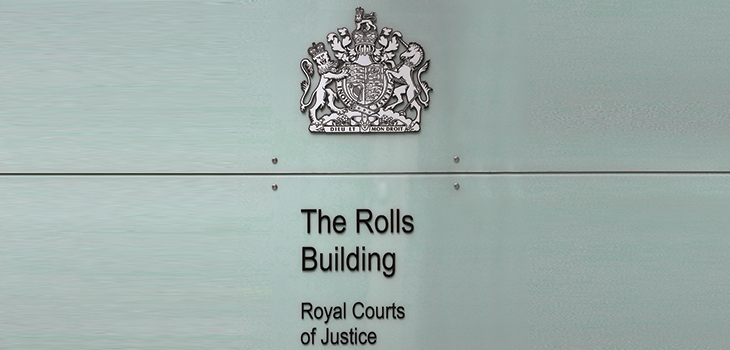
New requirements for trial witness statements in the Business & Property Courts, outlined by LexisPSL solicitors Hoi-Yee Roper & Olivia Dhein
- The new CPR practice direction and appendix, PD 57AC, updates the rules for trial witness statements in the Business and Property Courts.
- It enters into force on 6 April 2021 and applies to witness statements signed on or after that date, in both existing and new proceedings.
New CPR practice direction and appendix, PD 57AC, builds on the existing CPR and includes new requirements that witness statements:
- identify by list the documents the witness has referred to;
- be prepared in accordance with the Statement of Best Practice contained in the appendix to PD 57AC;
- be verified by an enhanced statement of truth known as the confirmation of compliance; and
- be endorsed by a certificate of compliance signed by the relevant legal representative.
The provisions of PD 57AC are limited to trial witness statements in the Business and Property Courts (BPC)





.tmb-mov69x69.jpg?sfvrsn=961ae4db_1)
95ca96e3d47f4eff8d147c4f0df17c77.tmb-mov69x69.png?sfvrsn=3db5d86b_1)

